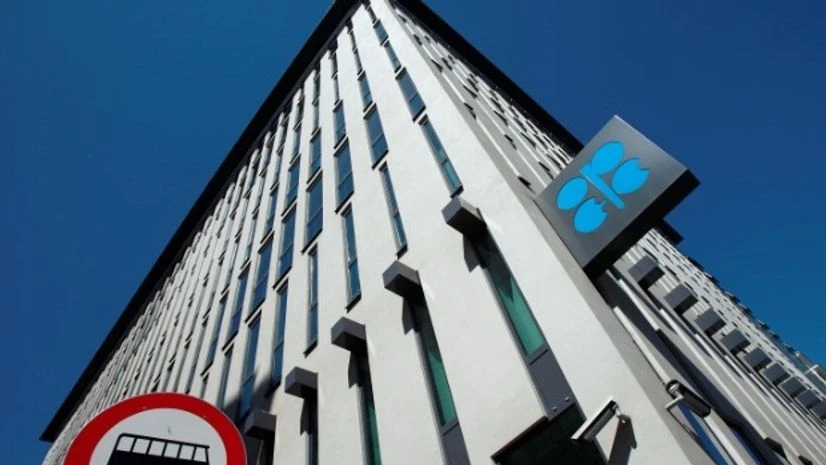The Organization of Petroleum Exporting Countries (Opec), the cartel of oil producing nations that controls around 40 per cent of the world’s output, expects the global oil prices to rebound from the current 11-year low of $35 per barrel within a year as supplies from non-Opec members get reduced by 400,000 barrels per day.
“I have seen very high price and I have seen very low price too. This will not continue. In a year or so, you will see this change,” Opec Secretary-General Abdullah al-Badri told reporters after meeting Indian oil minister Dharmendra Pradhan.
He said the Opec members – who in their latest meeting decided not to cut down production to rein in the historic fall in prices – want a fair price. “A fair price is the one at which our member countries can have a decent income and also where we can invest to (provide) more supply to the consumers,” said Badri, who is on maiden three-day visit to India.
The world is already producing up to 2 million bpd more oil than it consumes, with OPEC pumping at near-record levels in an attempt to drive higher-cost producers such as U.S. shale oil drillers out of the market. And its strategy appears to some extent to be working.
Badri said the view that the prevailing low oil prices are good for consumers may not be correct. “A good price for consumers is the one at which you can really invest. Low price means less investment. That means less supply and high price,” he said. More than $130 billion investment has been cut because of the current low price scenario, he added.
India, the world’s fourth-largest oil importer, sources 85 per cent of its oil and 95 per cent of gas from the Opec. Pradhan said during his hour-long meeting with Badri and his team, he sought “reasonable and responsible” pricing from the Opec. While Opec regularly holds such institutional dialogue with European Union, Russia, China and the US, it was the cartel’s first such meeting with India.

Pradhan also said India is in talks with Russia to set-up a cross-country natural gas pipeline and with Iran on the Farzad-B gas field. A consortium of Indian companies is in discussions to bag $3 billion contract from Iranian authorities to develop the Persian Gulf field.
Oil prices have fallen by about two-thirds since mid-2014, with Brent crude on Monday flirting with its lowest level since 2004 at just above $36 a barrel.
Most analysts, however, don't expect oil prices to regain the $100 mark until 2017 or later, arguing that producers will continue to pump out more crude than is being consumed.

)
